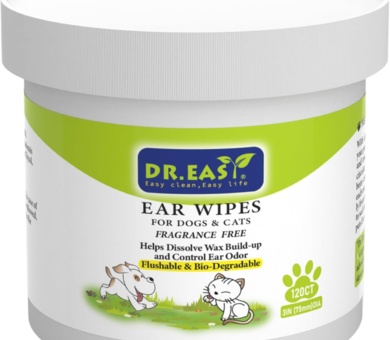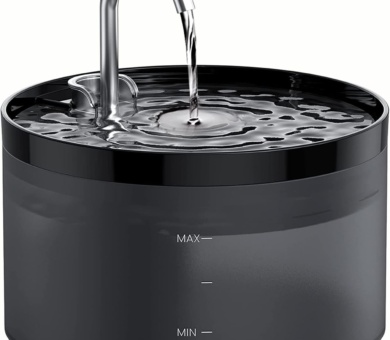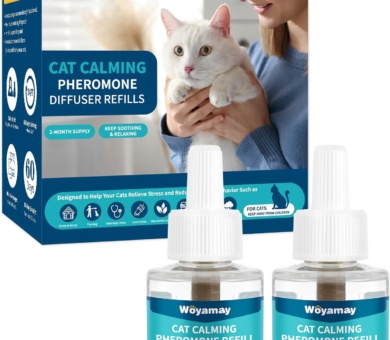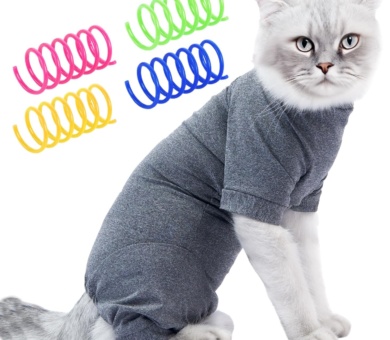Combat Spring Allergies in Cats: Innovative Supplement Strategies for 2025
As spring 2025 approaches, cat owners brace for the seasonal challenge of managing their pets’ allergies. Pollen, mold, and dust mites trigger symptoms like itching, sneezing, and skin inflammation, making this season particularly tough for feline companions. While traditional treatments such as antihistamines and steroids remain common, emerging supplement strategies offer promising, holistic alternatives. Here’s a guide to cutting-edge solutions poised to redefine allergy management for cats in the coming year.
Understanding Spring Allergies in Cats
Seasonal allergies in cats often manifest through excessive grooming, reddened skin, watery eyes, and respiratory issues. These reactions occur when a cat’s immune system overresponds to environmental allergens. Left unmanaged, allergies can lead to secondary infections or chronic discomfort, underscoring the need for effective interventions.
The Shift to Supplements: Why They Matter
Traditional medications, while effective, may carry side effects like drowsiness or long-term health risks. Supplements, on the other hand, provide a gentler approach by targeting the root causes of inflammation and immune dysregulation. By 2025, advancements in veterinary science and a growing demand for natural pet care are driving innovation in this space.
2025’s Top Supplement Strategies
-
Omega-3 Fatty Acids
- Role: EPA and DHA in fish oil reduce skin inflammation and improve coat health.
- 2025 Update: Look for algae-based omega-3s, a sustainable option with enhanced bioavailability, ideal for cats allergic to fish.
-
Probiotics & Prebiotics
- Role: Support gut health, which is linked to 70% of immune function. Strains like Lactobacillus rhamnosus may mitigate allergic responses.
- 2025 Trend: Personalized probiotics tailored to a cat’s microbiome via at-home test kits, optimizing immune support.
-
Quercetin
- Role: A natural flavonoid acting as a “nature’s antihistamine,” stabilizing mast cells.
- Innovation: New liposomal delivery systems increase absorption, maximizing efficacy.
-
Colostrum
- Role: Bovine colostrum boosts immunity and reduces allergic sensitivity.
- 2025 Focus: Sustainably sourced, freeze-dried formulations that retain bioactive compounds.
-
CBD Oil
- Role: Cannabidiol (CBD) may reduce inflammation and anxiety, with studies showing promise in veterinary use.
- Caution: Ensure products are THC-free and veterinarian-approved, as regulations evolve.
-
Adaptogens & Mushrooms
- New in 2025: Turkey tail and reishi mushroom extracts gain traction for their immune-modulating and anti-inflammatory properties.
- Enhanced Delivery Methods
- Trend: Palatable chews, powdered mixes, and transdermal gels address finicky eaters, ensuring consistent dosing.
Implementing Supplements Safely
- Consult Your Vet: Always discuss new supplements to avoid interactions with existing treatments.
- Quality Matters: Choose products with third-party testing and clear dosing guidelines.
- Pair with Environmental Controls: Use HEPA filters and frequent cleaning to reduce allergen exposure.
The Future of Feline Allergy Care
By 2025, the pet supplement market is projected to emphasize sustainability, personalization, and science-backed formulations. These innovations empower cat owners to adopt proactive, integrative approaches to seasonal allergies. However, supplements should complement—not replace—veterinary guidance.
Final Tip: Track your cat’s response to supplements through a symptom diary, and stay informed about emerging research. With the right strategy, your cat can enjoy spring 2025 with fewer sniffles and more purrs.
Always prioritize your cat’s health by partnering with a trusted veterinarian to tailor solutions to their unique needs.









